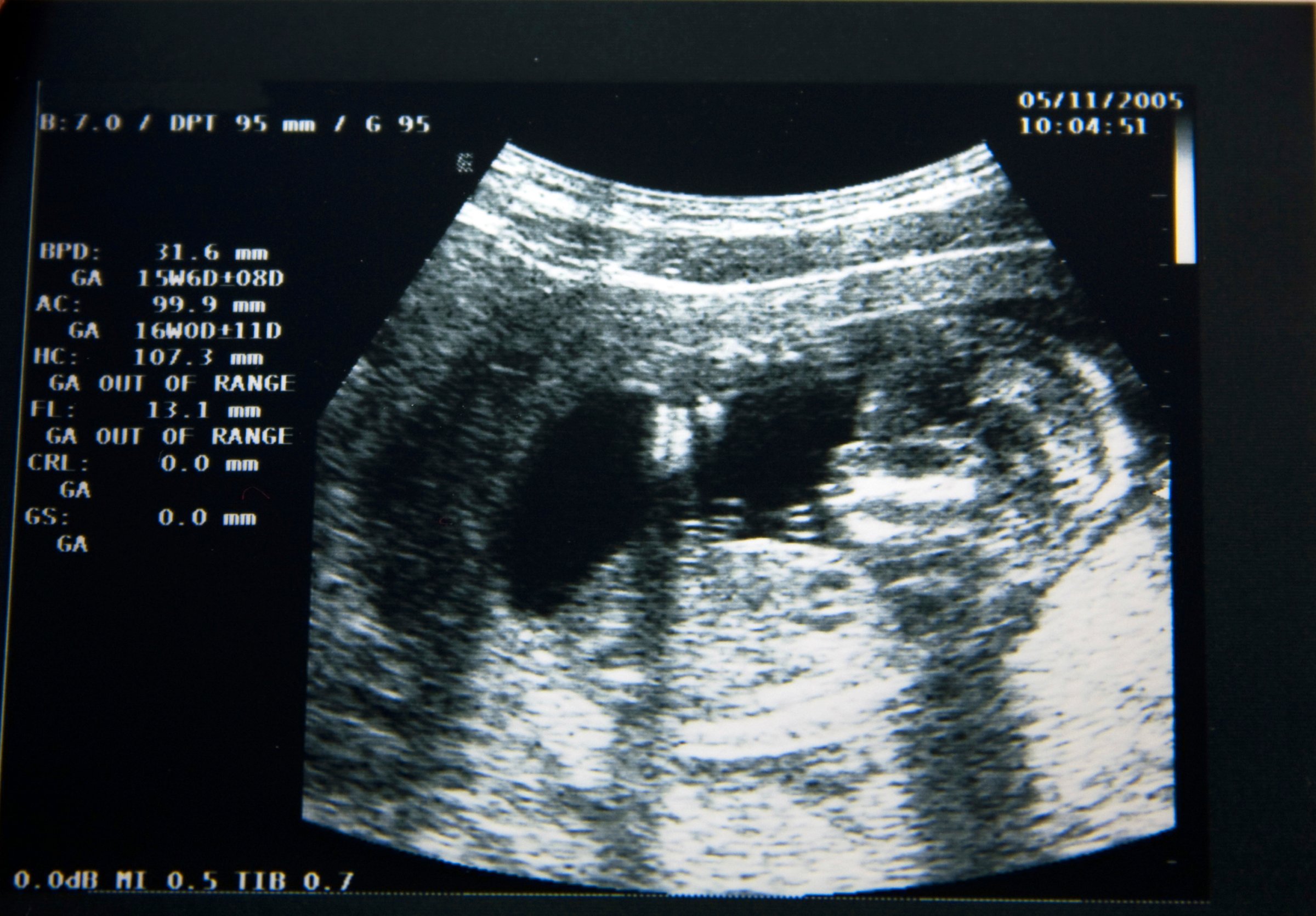
In a series of papers published in the journal Birth Defects Research Part C: Embryo Today, scientists explore the still-mysterious world of microbes in the developing fetus. For decades, doctors were taught that the womb environment was sterile — that the amniotic sac, and the fluid that surrounded the baby, was a uniquely pristine environment devoid of any bacteria or other microbial agents in order to protect the growing baby, which still doesn’t have a fully developed immune system. The conventional wisdom was that the baby’s first exposure to bacteria starts during birth, from the mother’s vagina, and continues through the infant’s skin-to-skin contact with mom and from its new environment.
But in recent years, scientists have been able to detect small amounts of bacteria in the amniotic fluid and in the placenta, and even in the fetus’ intestines, supporting the idea that the baby’s microbiome actually gets established far earlier than thought, in the womb.
In one of the reviews published in the journal, researchers investigate the growing data that supports this theory, as well as ideas about where the bacteria found in the fetus’ surroundings might come from. So far, it’s possible that bacteria from the mother’s mouth might travel through the blood stream and reach the developing baby in utero through the placenta. Or, certain microbes might travel from the mother’s vagina into the womb.
That means that the mother’s health — and the microbes she may harbor — may matter even more than we thought for baby’s development and health, including the types of diseases the baby might be vulnerable to later in life. “It indicates that in some infants, seeding of the gut microbiome begins in utero and can be influenced by the health and diet of the mother during pregnancy,” says the study’s lead author Anita Kozyrskyj, from the University of Alberta. Other studies have found, for example, that mothers who are overweight have different types of bacteria in their gut than those who are normal weight during pregnancy, and an expectant mom’s dental health could also have an effect on her baby’s microbiome and later health.
MORE: Could Probiotics Be a New Strategy For Weight Loss?
The data, the authors stress, is still early, so it’s not as if they have a formula for the “right” microbiome that’s conducive to a healthy baby, or even a “wrong” one that spells ill health. But, says Dr. Sharon Meropol, from Case Western Reserve University who co-authored one of the articles in the series. “We want to be careful not to be prescriptive and claim that there is a right way to do this and a wrong way,” she says. “But yes, there are certainly things like maternal dental hygiene and not taking unnecessary antibiotics that pregnant women should consider. We knew it was important for mom to be healthy but now there is even more evidence for how important the maternal environment is.”
More Must-Reads from TIME
- Breaking Down the 2024 Election Calendar
- How Nayib Bukele’s ‘Iron Fist’ Has Transformed El Salvador
- What if Ultra-Processed Foods Aren’t as Bad as You Think?
- How Ukraine Beat Russia in the Battle of the Black Sea
- Long COVID Looks Different in Kids
- How Project 2025 Would Jeopardize Americans’ Health
- What a $129 Frying Pan Says About America’s Eating Habits
- The 32 Most Anticipated Books of Fall 2024
Contact us at letters@time.com